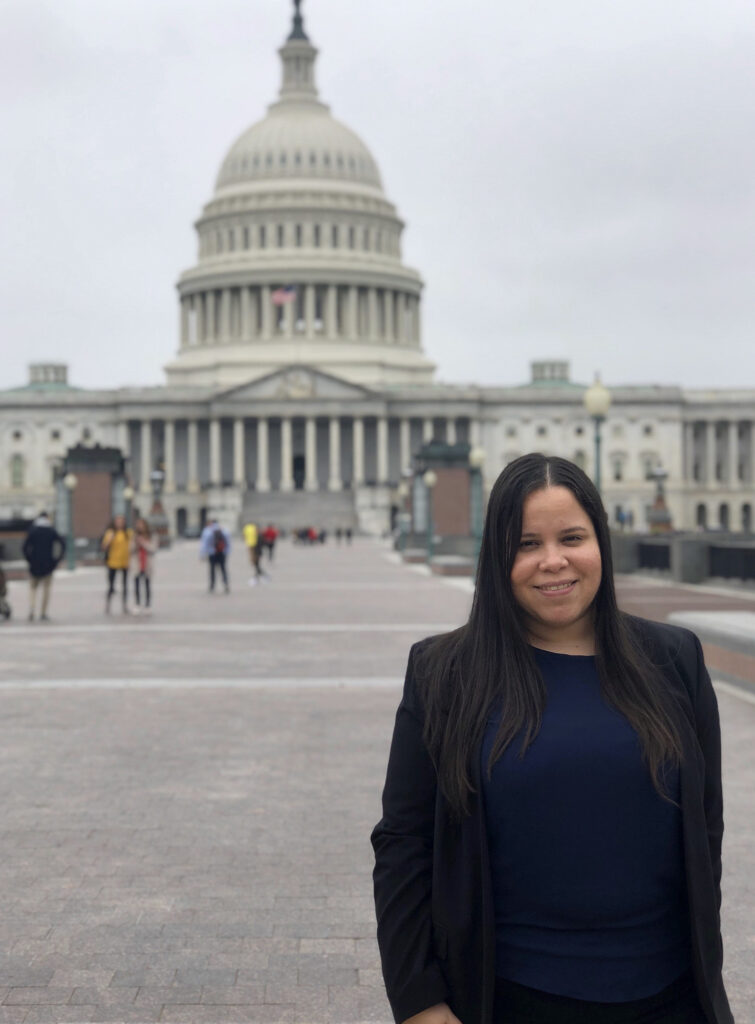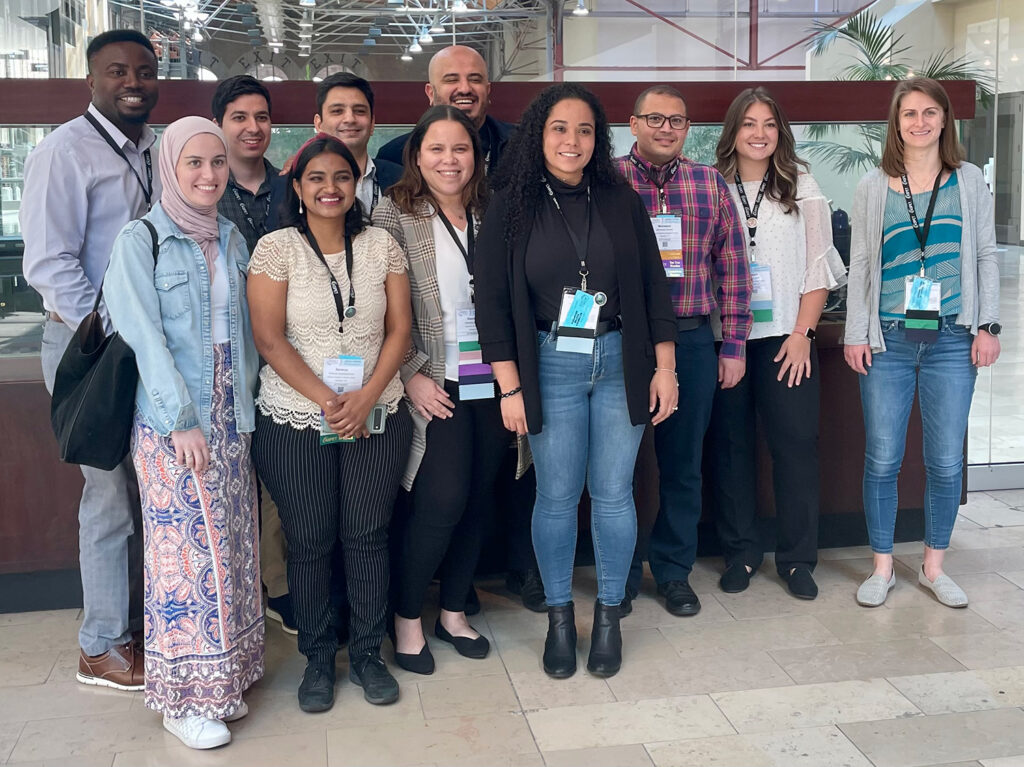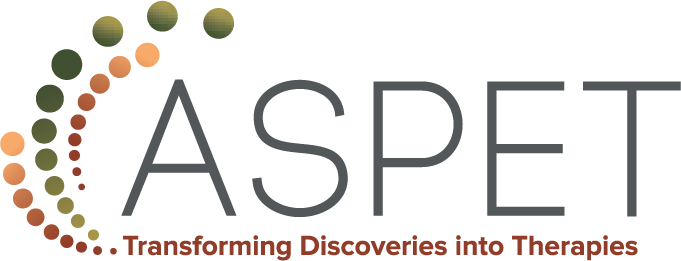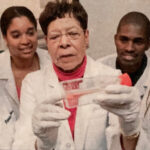A Conversation with Dianicha Santana, PhD, ASPET’s Young Scientists Committee Chair
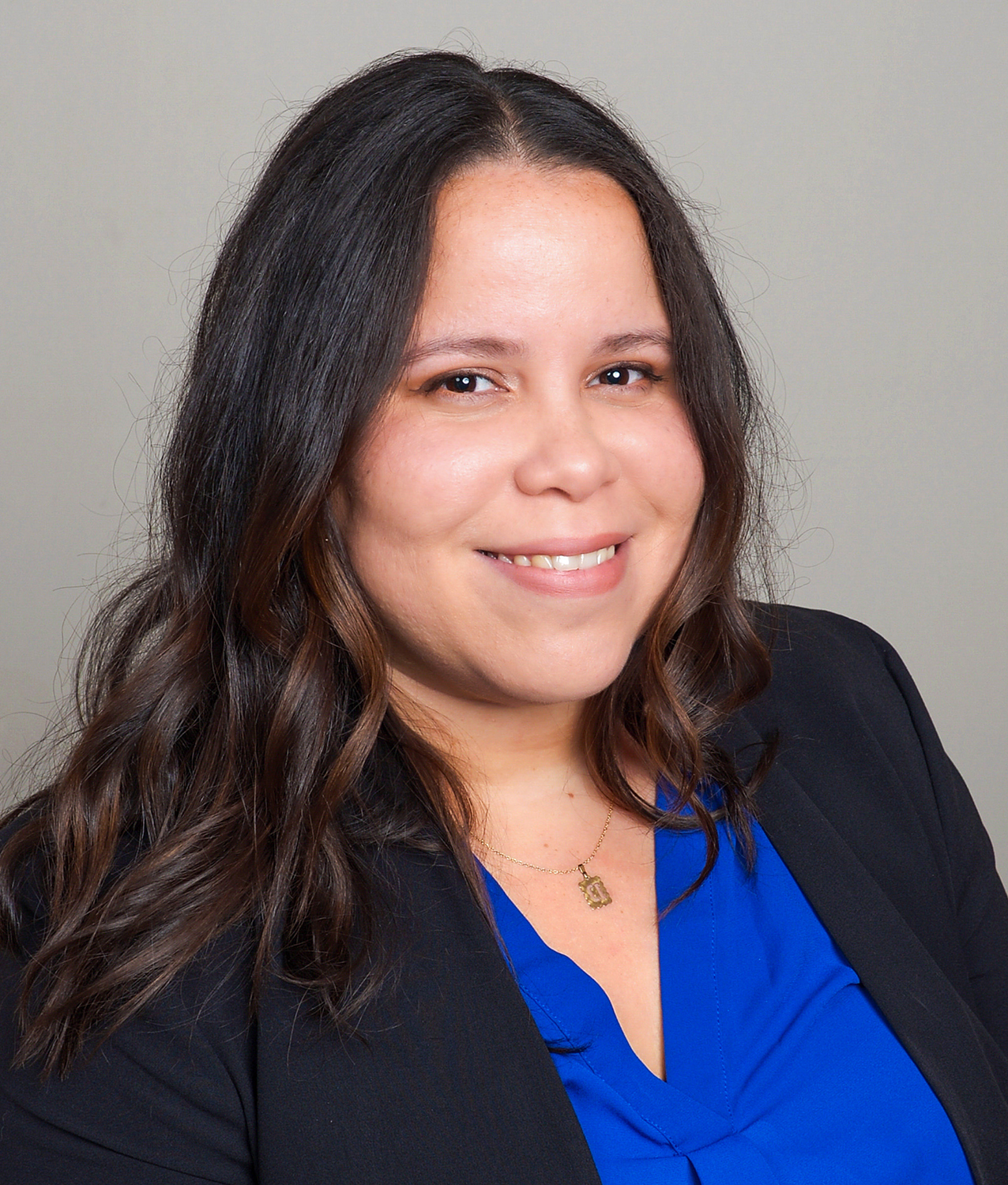 Dianicha Santana, PhD, is an Ex Officio member of the ASPET Council. She currently serves as the Chair of the Young Scientists Committee. Dr. Santana earned her PhD from the University of Illinois Chicago. She has been a member of ASPET since 2018. Dr. Santana shares her insight and guidance for young scientists with The Pharmacologist.
Dianicha Santana, PhD, is an Ex Officio member of the ASPET Council. She currently serves as the Chair of the Young Scientists Committee. Dr. Santana earned her PhD from the University of Illinois Chicago. She has been a member of ASPET since 2018. Dr. Santana shares her insight and guidance for young scientists with The Pharmacologist.
How did you get started in pharmacology?
I learned about Pharmacology when I was applying to graduate school. While in the interview process, I got very interested in research being done in the Cellular and Molecular Pharmacology Department at the University of Illinois at Chicago. The department training focused on cellular signaling transduction, lung vascular biology and cardiovascular pharmacology. During my training, I took courses on receptor pharmacology and cardiovascular pharmacology and my research focused on using biologics to target Ras oncogene as well as studying calcium signaling downstream of mechanosensitive ion channel.
How did you first get involved with ASPET?
I got involved with ASPET in 2019 when I applied to the Washington Fellows Program and got selected to participate in the program that year. As part of the program, I received training on how to advocate for research funding and the importance of animal research in the pharmacology field. Dr. Ryan Staudt, who was my guide during our Hill Day, encouraged me and I joined the ASPET Young Scientists Committee in August 2019. I have been an active member of the committee since then, serving as the liaison for the Program Committee and later as the Young Scientists Committee Chair.
What do you want the ASPET membership to know about you and your ideas on how to move the organization forward during your term?
I am very enthusiastic about the biomedical workforce and issues that affect early-career scientists including graduate students and post-docs. During my term, I would like to give an insightful perspective on how young scientists can bring immense value to ASPET. I believe engagement of young scientists in leadership positions brings great value through diversity of thought, innovative ideas and fresh perspectives on issues affecting their training.
What has been your proudest accomplishment in your career so far?
My proudest accomplishment in my career has been to finish my thesis project after facing many challenges such as changing laboratories and research fields during the middle of my PhD training. During the fourth year of PhD training, I had to start a research project in a different field, and I am very proud of what I learned about myself as a scientist and being able to take a project from the very early stages to a complete story that I got to publish following my thesis defense.
What advice would you give young scientists who are just starting out in their careers?
The advice I will give to young scientists is to be flexible and willing to adapt to changes and challenges throughout their careers. Do not be afraid to ask for help when needed as well as to seek out mentors that care about you as a scientist but also as a person.
What is one thing ASPET members should know about the work of the Young Scientists Committee?
The Young Scientists Committee is committed to supporting young scientists and members of ASPET in developing leadership and success in their careers. We seek to do this by developing workshops and seminars, creating formal and informal mentoring opportunities, and providing opportunities for leadership roles throughout ASPET. The committee is always interested in hearing from young scientist members about the most important issues they care about, as well as at-large members who are interested in serving on the committee.
